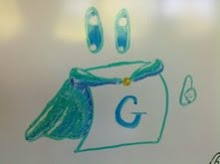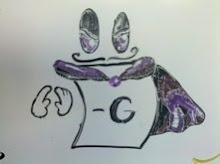Sometimes gamesters play games even when they are in a losing position. This means that even though we know there is no winning strategy from the current game state, they'll keep playing.
This happens for a lot of reasons. Often, this occurs because the winning strategy for the other player is not known (even though it is known that it exists). For example, the first player to move in Chomp is the winning player, though what that first move should be is unknown. Thus, if someone challenges me to a game of Chomp, but they are going first, I don't immediately quit the game. They will make their first move, and then who knows whether I'm still in a losing position?
Other times, even when a winning strategy is known, there is a chance it is not known by the player in the winning position. You might be in a losing position this turn, but if you make a sneaky enough move, perhaps they won't be able to do it again next turn...
There is the chance also that you play purposefully from a losing position, hoping your opponent will learn how to maintain their "winningness". If I am a parent someday, I bet I will do this more often!
As yet another option, it might just be that your opponent will take it badly if you quit on the game, even though it's clear who will win. You'd like to quit, but they want you to play the whole thing out. This is likely very instructive for them, so you should probably go ahead with it :)
Michael Albert found a way for the losing player to entertain themselves in (some of) these situations while playing the game Nim. The idea is to consider all the objects as pieces of candy, and by removing them from a pile, you get to eat the delicious candy! Naturally, this is not as rewarding as winning, but if you're going to lose, you might as well acquire as much of the candy as you can! He found interesting properties of the game when playing with three piles (most notably that it's always best to take candy from the biggest pile). This implies that the winning player will always make the best responding winning move.
I'll talk some more about "Candy Nim" next week. Have a great weekend!
Jokes from the Audience
1 week ago



No comments:
Post a Comment